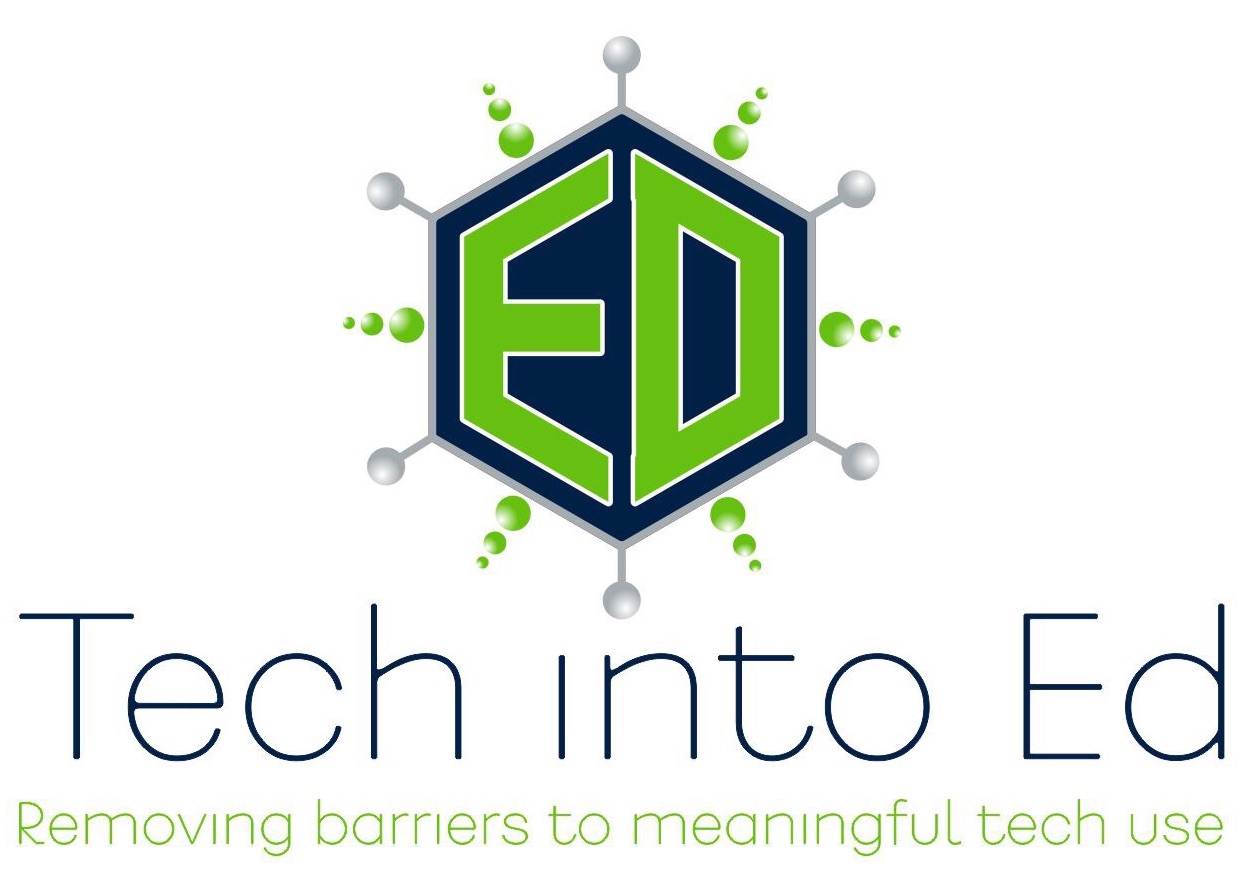How outdated are your paradigms for how work gets done today?
About a month ago I had an opportunity to attend one of the most wonderful, most student centered days I have witnessed in a long time. My friend, Nancy Roncke, organized a Young Author's Conference for our district. It was inspiring and energizing to see an auditorium full of sixth grade students who have identified as writers. I had the distinct privilege of serving as a writing coach for a wonderful team of students.
In preparation for the day, I did some up front planning. We would need paper. Lots of paper. And highlighters. And post-its. Pens. Definitely pens. I let my English teacher brain really process through the way I taught writing. The way I write. The way my students have written. By the time I loaded my car to leave for the conference, I had a bin of supplies full of the necessities writers would need to be successful.
On the way I thought some more. We are a 1:1 iPad district, and I know some of the kids will far prefer to draft on their iPad. Being thoughtful and empathetic to their needs, I made an unplanned stop at the tech office to pick up physical keyboards for the writers. They would certainly appreciate my efforts, as we all know that writing on a glass surface is inferior to typing on snappy keyboard.
I truly enjoyed my day with the students. They did a lot of writing. More than I expected they would. They were successful, productive, active, and focused. We truly achieved our goal of just being a community of writers.
Yet, things didn't go exactly as I had planned. By the end of the day, I was left with two things: 1) a trunk full of unopened writing supplies and untouched keyboards, and 2) the realization that I was still thinking about and planning for writers as they used to work, not as the presently work.
It left me wondering how often we do this as educators. How often do we mistakenly plan for things as they once were, instead of reflecting on how they truly are? Are we holding on tightly to practices, topics, and ideas that are grounded in the way we used to do things? Perhaps we cling to the way we feel most comfortable working?
My team of writers gently nudged me to question my own paradigm for how work gets done. Without saying a word, they reminded me that they have been typing on glass screens since they first started typing. They reminded me that a Google Doc, an Internet connection, and an iPad are the tools of writers; these are the tools the students have self-selected, and these tools do everything that is necessary for the intended outcome. They reminded me that printed copies for revision and editing are inefficient and can slow down the process. Sharing a doc with another person, allowing them to comment, and then meeting to discuss their feedback is the way that they most commonly receive critique from others.
It made me wonder how many other paradigms I naturally embrace that are outdated. It is unnerving to think that even in our best efforts to prepare students for the life they have yet to live, that we can all fall victim to the assumptions of what life is really like. I am taking this as my reminder to always ask the question: "So, how do people really do this today?" And when I stop to ask the question and really think about it, I am reminded that the last time I had somebody critique my writing with highlighters and post-its was back in graduate school. Apparently some habits and experiences truly do stick with us far after they are useful.

